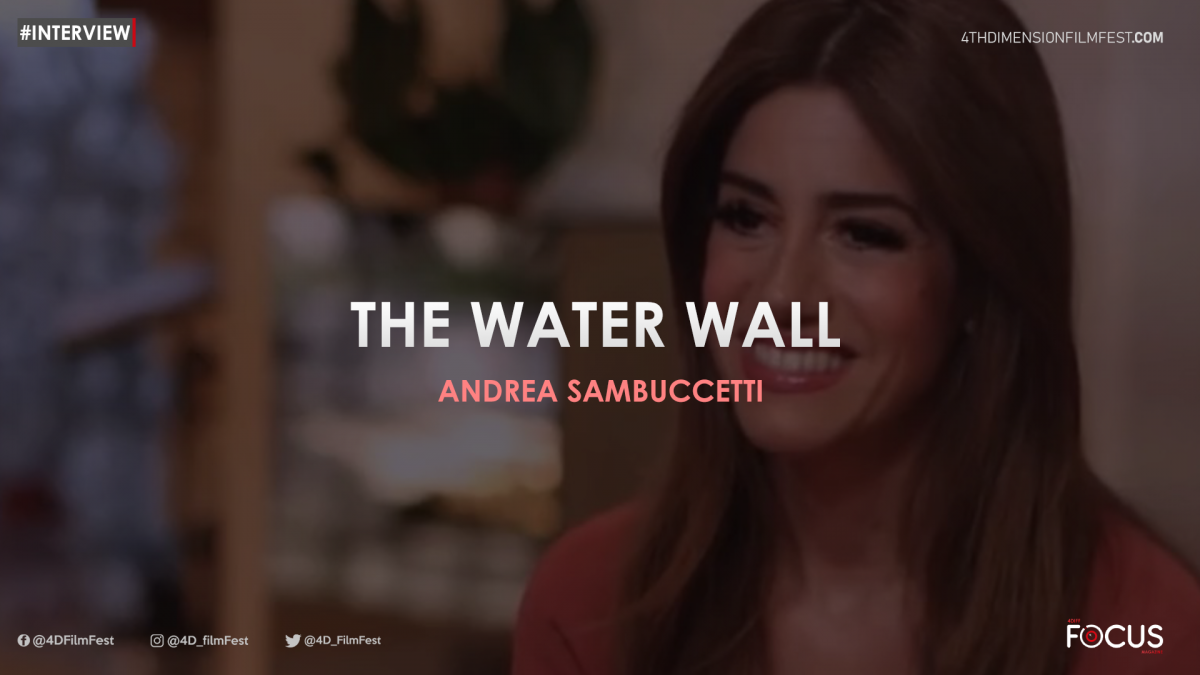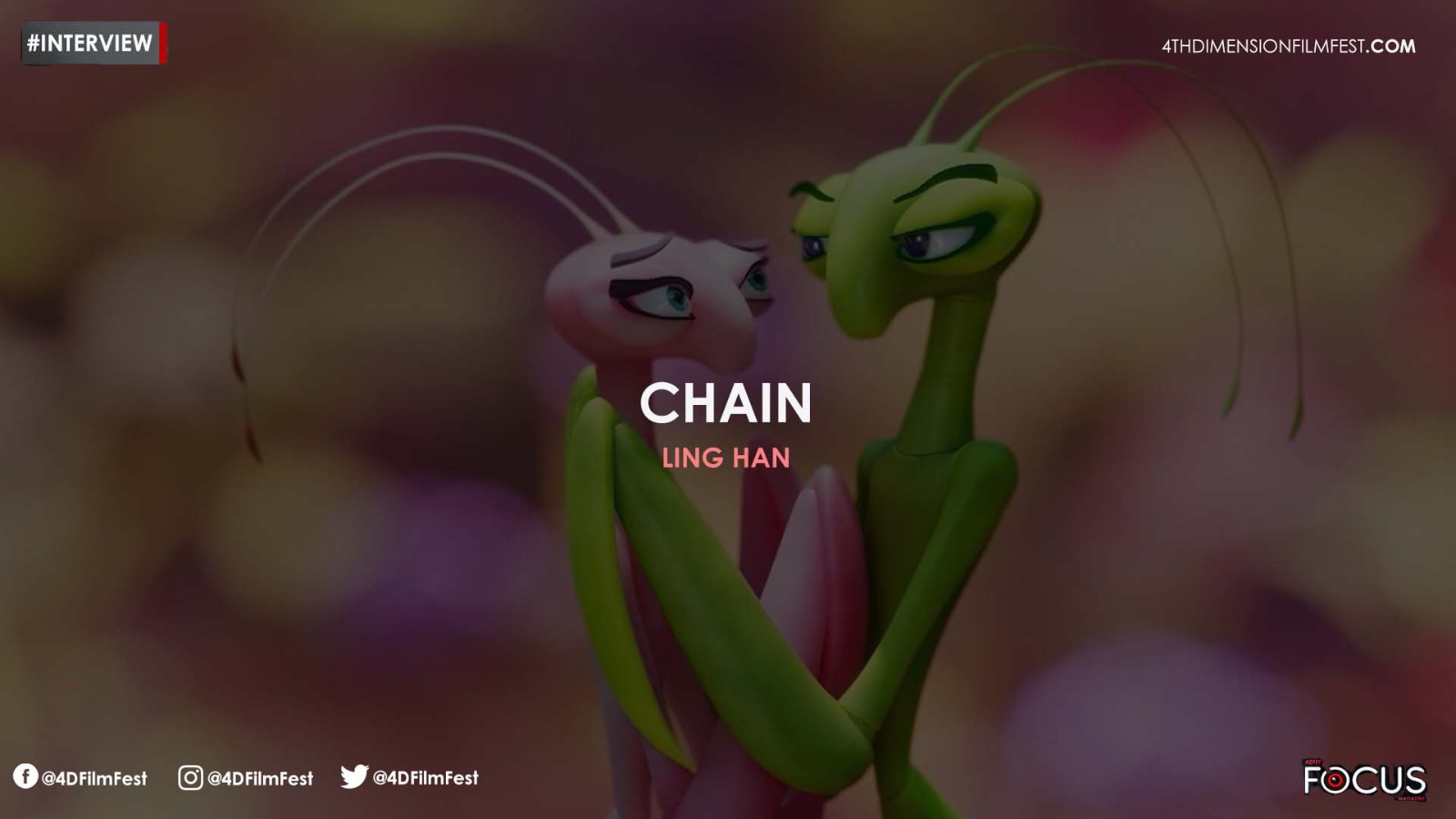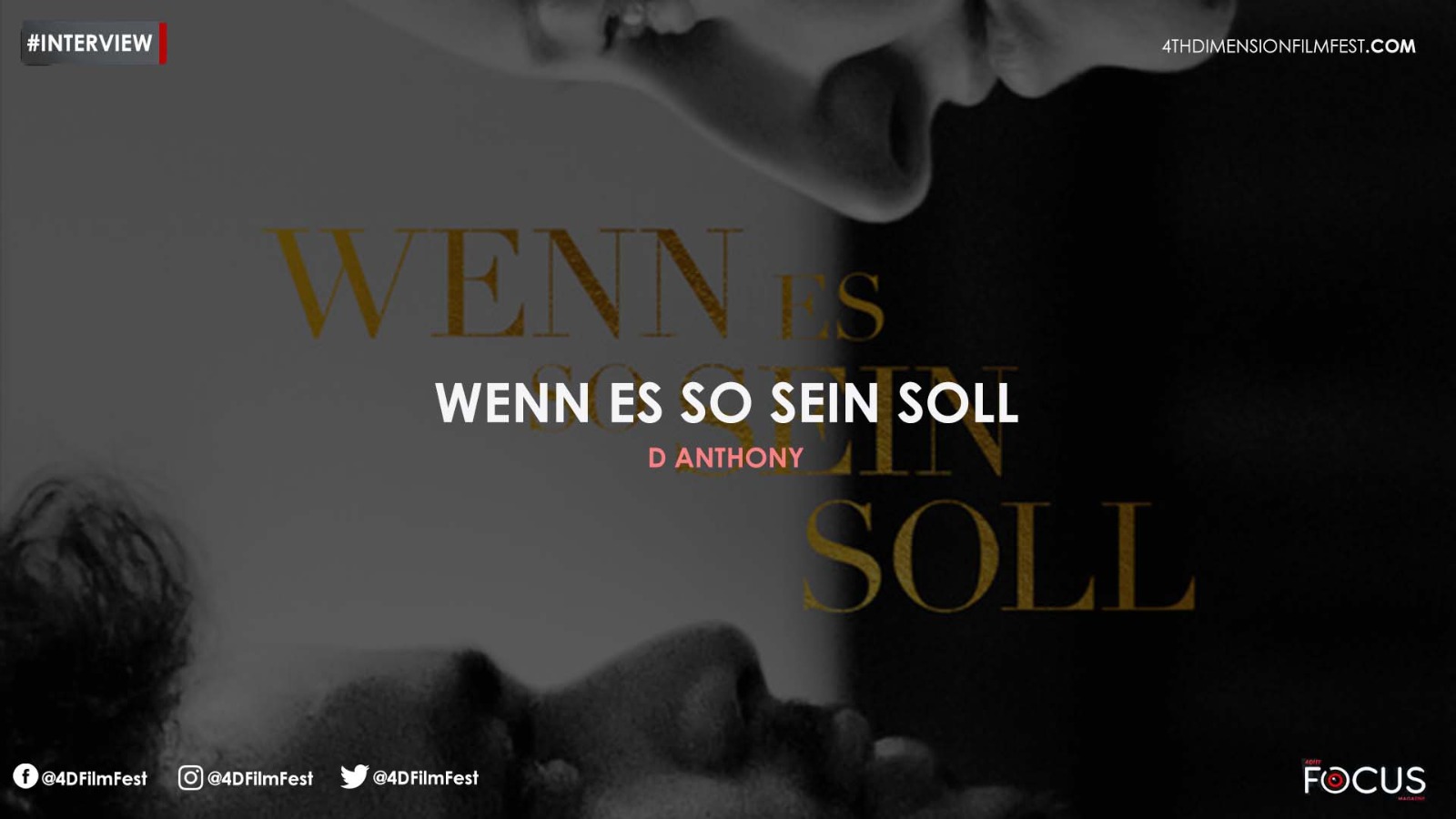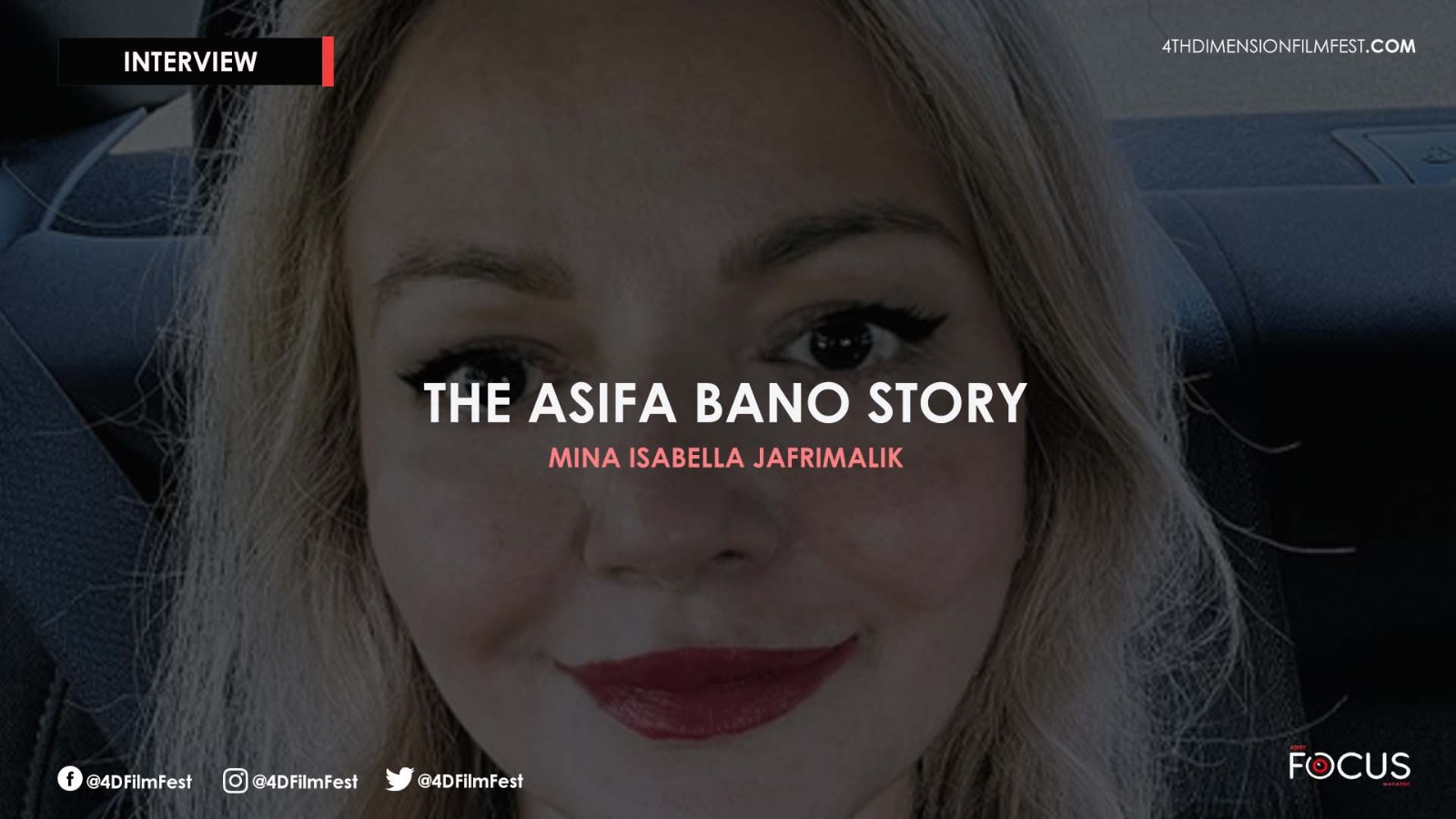Andrea Sambuccetti is a psychologist, musician, journalist, editor and documentary filmmaker with a National Emmy Award.
Hii Andrea! It is great to have you here with us!
Tell us what inspired you to create this film?
Andrea, would you like to share something about your journey? What does filmmaking mean to you?
At 17 years old, I bought a book with the description of all the careers. I was finishing high school, playing music in underground alternative rock bands and doing a brief internship in Rolling Stone magazine in Argentina. I always knew what I wanted: tell stories. So I found in this book “Filmmaking” as a career. I told my mom “this is what I am going to study”. And she said “no way, you have to choose between accountant or business administration”. That was my family’s traditional career path. I had to negotiate with my parents and picked journalism and psychology combined. I dedicated for more than 20 years to both, professionally. I got a degree in Journalism in Universidad Catolica Argentina (UCA) and in clinical psychology in Universidad de Buenos Aires (UBA) and later I also got an MS in Psychology from Albizu University in Miami, Florida. But I never felt completely comfortable as a professional until the pandemic arrived and I decided I really needed to dedicate myself to fulfill my forever dream: doing documentaries.
How did you begin as a director?
I began writing in magazines and national newspapers in Argentina such as Ambito Financiero and Infobae. I got an offer to work in the United States after an investigation I did, So I started working in a local station in Miami. Soon later, as a correspondent for more than 13 years at Televisa/Univision Network I had the opportunity to produce, write, edit and present -as a talent on camera- special shows for years that were similar to feature documentaries. I even won a National Emmy Award and got nominated three times. I studied photography and got certified as editor by Barry University. So by the beginning of this year I was prepared with more than two decades as a writer, producer, editor, photographer, talent and also psychologist to make the next step: I enrolled in the New York Film Academy and started a course for documentaries and micro shorts. I did three with them, with no budget and almost alone and this is my very first experience as a filmmaker, but the happiest moment of my life because I am finally doing what I always wanted.
Tell us something about the title of the film. What does the wall signify?
After the pandemic occurred a record number of migrants crossing borders in all the southern territories of the United States but also, in all the borders that are surrounded by water. One of the biggest immigration that we have in south Florida comes from Cuba. During the last fiscal year more than 178,000 Cubans arrived to the US and a part of this immigration occurs in the Florida Straits. Most Cuban immigrants depart from the island in rustic vessels risking their lives in the 90 miles of water that divides Cuba from the American soil. The “water wall” has a concrete meaning, which is the physical water border of the United States, but also the metaphoric meaning of the “wall” of difficulties that the area, especially the gulf current at the Straits, because it has caused thousands of deaths. At the beginning I wanted to name the short film “The water border” but my daughter, Celeste (she is 9 year old and she supported me with my “crazy” idea of doing films) she told me to change “border” for “wall” because “wall” had more meanings and we were used to the word here in America. I agreed with her and just loved it.
The American Dream is a recurring theme in literature and films. How do you perceive it?
I believe that is a common concept that evolved from the “opportunity land” to the “only choice” that a lot of immigrants find in their survival journeys. But the most important thing is that it is a dream that is more alive than ever. Arts such as music, painting, entertainment, literature, cinema but also news and documentaries reflect their times and therefore, this is a dream that will continue to be represented in thousands of productions because it is part of millions of lives.
How challenging was it to depict the issue on screen? I am sure it takes a lot to give shape to the thoughts!
The most challenging was entering the Border Patrol Florida Sector’s facilities as an independent filmmaker trying to do the very first short in her life. But I explained my idea and they decided to participate. I owe a lot of thanks to Chief Patrol Agent Walter Slosar and Public Affairs Officer Adam Hoffner for their amazing work on the field and the guide and help to make this short documentary what it is. Another big challenge was to pick a case/s -considering that they are daily arrivals with very dramatic stories-. For that matter, I asked production help from two colleagues that are producers and friends, Naday Balbuena and Wilfredo Cancio Isla. They are also both Cuban immigrants and helped me to understand better the biggest Cuban exodus ever registered. After I had the investigation and the cases it was just a matter of picking an attractive “storytelling structure”.
You have mentioned that you had a humble beginning. How challenging was it to settle in a completely different place and then slowly branch out?
This is a humble beginning because literally, I am a single mother with no budget at all for a production and no funding at all. So I had to find creative ways to achieve my “dream” of completing a short by myself. One example is the sound. I didn’t have money for buying the sound I wanted, so I used the mics that are used for drums in rock bands… connecting them to a recorder on the left and right side of the interviewee. I had to adapt to a lot of technical “predictable problems” when you’re completely indie and accept that at the end, I will not get the image or the sound I would love, but I put all my best trying to match also, my biggest effort in script writing.
It is always emotionally taxing to come up with a narrative that has a touch of reality. Tell us how you formed your storyline keeping this aspect in mind?
In working with real stories I prefer to use the structure of fictional ones. This is kind of a style for me that I was working during at least the last 10-15 years as a storyteller. I like to learn from the series or movies that “I can’t stop watching” until I finish. I watch movies and series all day, meanwhile I cook, clean, work, shower, wait in line or for an appointment. I believe I am a complete addict to audiovisuals and I just find myself amazed about human creativity. I take all that I like, the tricks, the surprises, the resolutions. When I structure a short/long real story, I try to keep as much of the testimonies as possible and combine them with the other structure. It is a formula that always worked for me but that I need to constantly change because there are also “fashions” in storytelling so I enjoy trying to guess all the new tendencies.
Are there any themes you wish to work on in the future? What are they?
I would love to make a series with “The Water Wall”, actually I have already recorded 40% of an amazing second part. I am also working on four different ideas. I would love to dedicate only to documentaries And, be sure dear friends of 4th Dimensional International Film Festival that I will submit all my works to your event. Thank you so much for this wonderful interview!!





